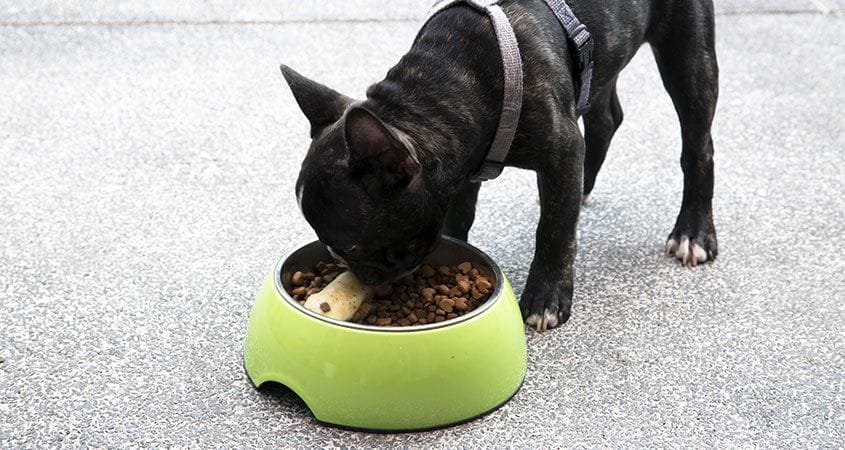Root Vegetables, Such As Carrots:
Carrots are okay for your dog food to feed, either raw or cooked. When it comes to nutrition, carrots are unbeatable. They’re low in calories and packed with vitamins and minerals.
When giving your dog carrots, make sure to break them up into small pieces to not choke on them. Consequently, they are a fantastic source of nutrients for your pet’s daily food to feed due to their high nutritional value.
For example, consider peanut butter. In moderation, dogs can enjoy peanut butter as a healthy and tasty treat. It’s normal for peanut butter to have other substances like salt added to it, which might be dangerous for your dog.
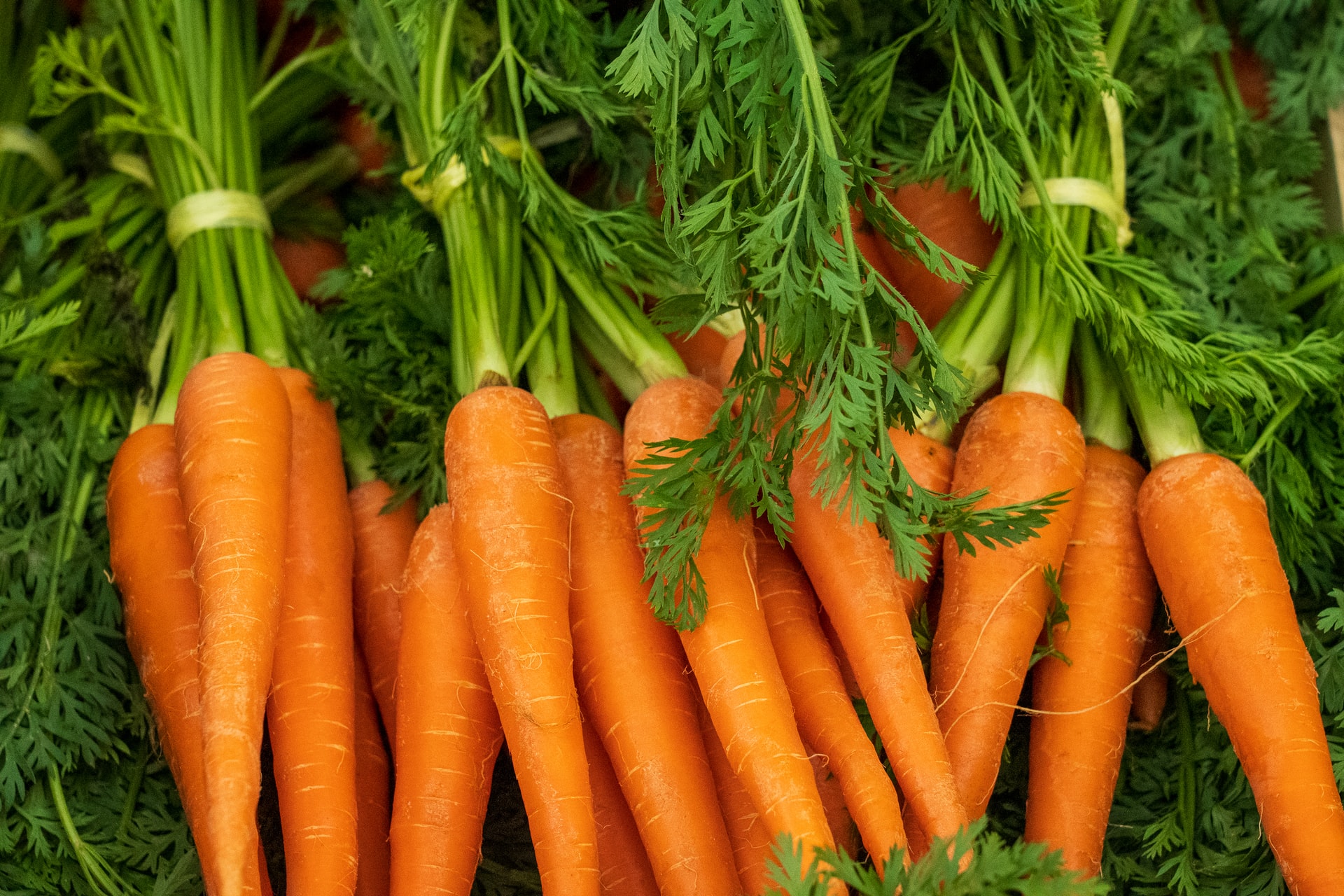
Although it is recommended that you limit your dog’s peanut butter diet, this is not always possible. A lot of peanut butter can make him gain weight because of the fat and calories it contains. Feed your dog plain, unsalted peanut butter as well as a treat.
There Are Three Types Of Eggs.
Dogs can consume cooked eggs without fear of food to feed poisoning. Salmonella, a pathogen commonly found in raw eggs, can pass from dogs to their human owners, increasing both parties’ risk of infection.
It’s crucial to highlight that giving your raw dog eggs is a bad idea.
As For Salmon, Here Are Several Ideas:
As an excellent source of anti-inflammatory omega-3 fatty acids, salmon may help keep your dog’s skin and coat healthy. Salmon cooked and removed from its bones is a healthy and safe diet for your dog.
It may be infected with a parasite that causes salmon poisoning, which is deadly. Raw salmon, on the other hand, should not be fed to your dog. It’s a fruit called blueberry. Dogs can safely eat blueberries because they’re both safe and nutritious.
Healthy antioxidants, vitamins, minerals, and fiber abound in blueberries, making them an excellent addition to your dog’s diet. Aside from that, blueberries are a healthy dog treat because of their low caloric content and tiny size.
Toss in some popcorn for good measure. Dogs can choke on popcorn kernels, and unpopped seeds can get lodged in their teeth, so only give them fully popped kernels.
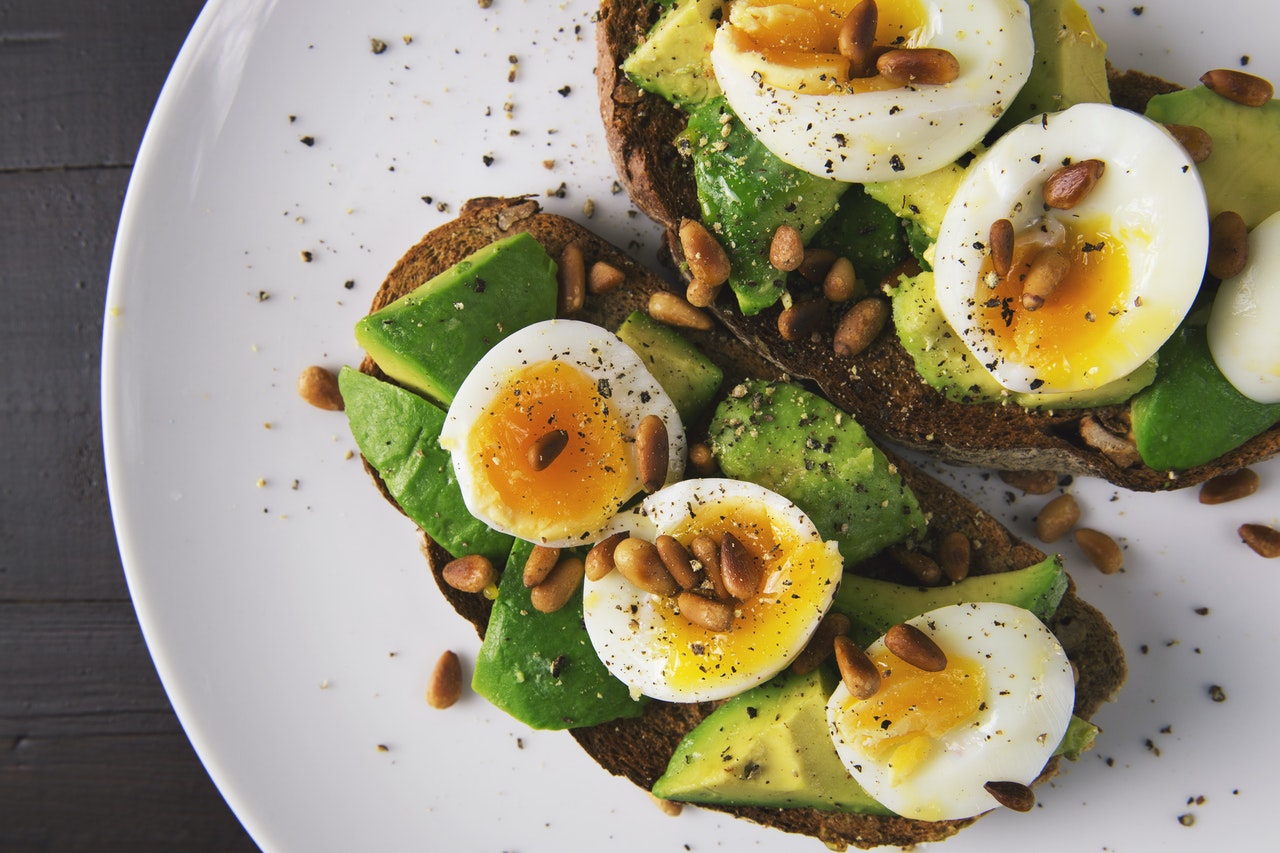
Providing it does not include any other substances, dogs can consume popcorn on a rare occasion as a treat. Overconsumption of butter or oil, two other prominent substances in popcorn, can cause pancreatitis in dogs.
Popcorn is frequently salted, and if your dog overheats, it might have significant health consequences. This is why you should only give your dog plain, unflavored, air-popped popcorn.
Pineapple:
Pineapple is a fruit. Small amounts of fresh pineapple are acceptable for dogs to consume. If dogs overeat pineapple, they may experience the same symptoms that humans do – nausea and diarrhea.
Because pineapple is so packed with nutrients and fiber, it’s an excellent option for a healthy dog treat. Because of this, feeding your dog a little bit of pineapple at a time is the best option.
The Fruit Of The Watermelon Tree:
If the watermelon does not contain the rind or seeds, dogs can eat it. In addition to the choking risk, some people believe watermelon seeds and rinds can cause dog stomach issues.
The watermelon fruit, on the other hand, is a nutritious and low-calorie treat for dogs. It is rich in vitamins A and C and low in calories.
A Loaf Of Bread:
Most dogs can have an occasional treat of plain white or whole-grain bread without any problems. Remember that bread, like other food to feed, has extra calories and might lead to weight gain in your dog if he overeats.
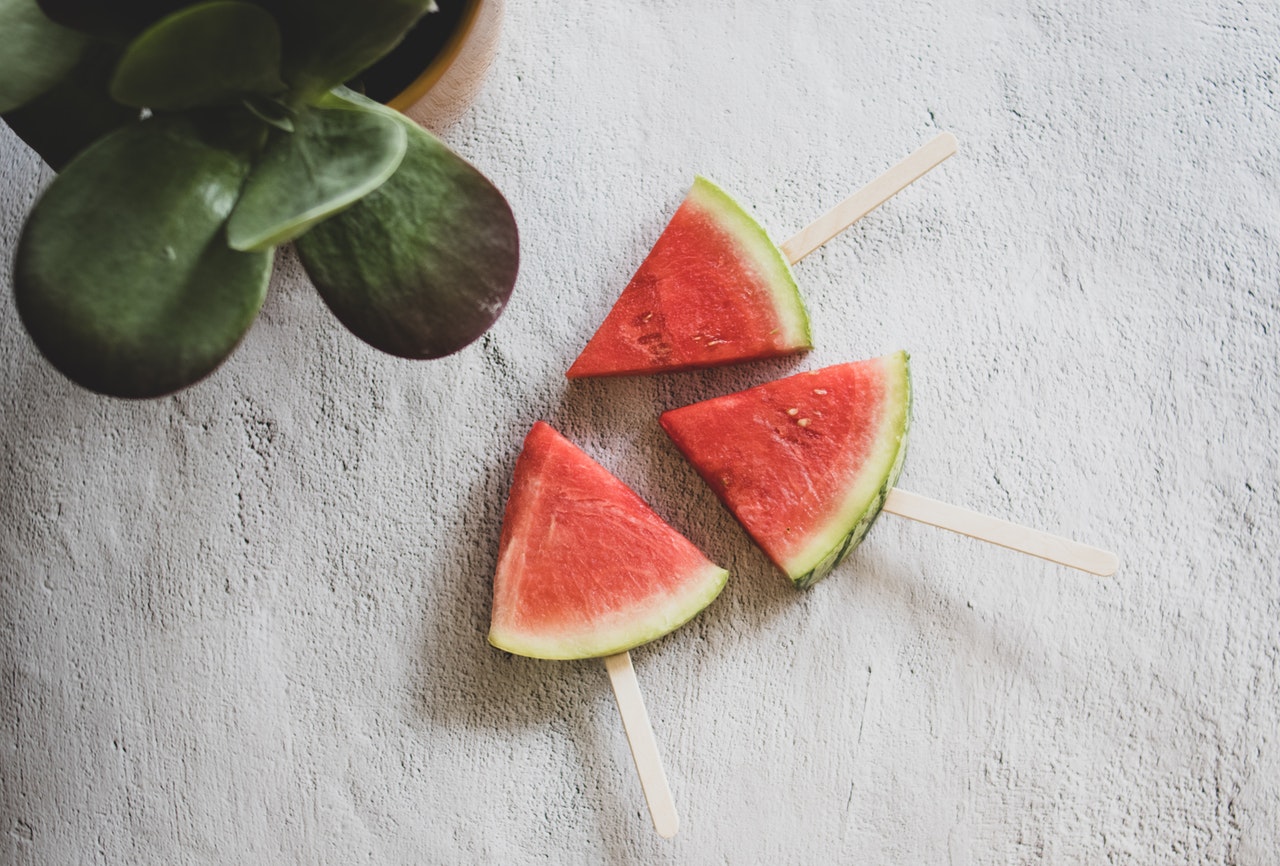
If there are other components in the bread, such as raisins, make sure to remove them before feeding them to your dog to avoid any potential health risks. There are a lot of different kinds of blackberries.
Blackberries are safe to give to your dog. You can give your dog a few blackberries as a reward every day if he likes them. Healthy dog treats include blackberries, which can feed to pets fresh or frozen.
Their low caloric content is offset by their high range of nutrients, vitamins, and antioxidants. Consume as many blackberries as you can because they are also a fantastic source of fiber.
The Following Is A Fact About Corn:
If fed in moderation, dogs are safe to consume small amounts of maize. In many dog foods, corn is a common ingredient because it’s high in vitamins and minerals. If eaten, the cob can choke you or cause intestinal obstruction.
Approximately two teaspoons of corn per day are recommended for dogs as their recommended serving size. While dogs can eat simple, cooked corn kernels, you should never give them corn on the cob.
Peas In Their Natural State:
Green peas are generally safe for dogs to eat. Many dog foods have green peas as an ingredient.
To top it all off, green peas are loaded with vitamins, minerals, and fiber, making them a healthy snack for your dog. Salt is commonly found in canned peas, which can be detrimental to dogs if fed significantly. However, give your canned dog peas; instead, give him fresh or frozen ones.
Oats: A Whole Grain Cereal.
According to the USDA, oatmeal is a good source of fiber and a few vitamins and minerals, such as iron and zinc. You can feed your dog plain oatmeal without worrying about it harming him.
Oatmeal that has been flavor enhanced may contain additional components that are dangerous to your dog. Should feed oatmeal to your dog in moderation to avoid him gaining weight, just like any other food.
Furthermore, only plain oatmeal, not flavored oatmeal, should be fed to your dog. Apples are a great example of this. Dogs can eat sliced apples without any problems.
In terms of nutrients, apples are a powerhouse because of their abundance of vitamins, minerals, and antioxidants. The high fiber content may be beneficial to your dog’s digestion.
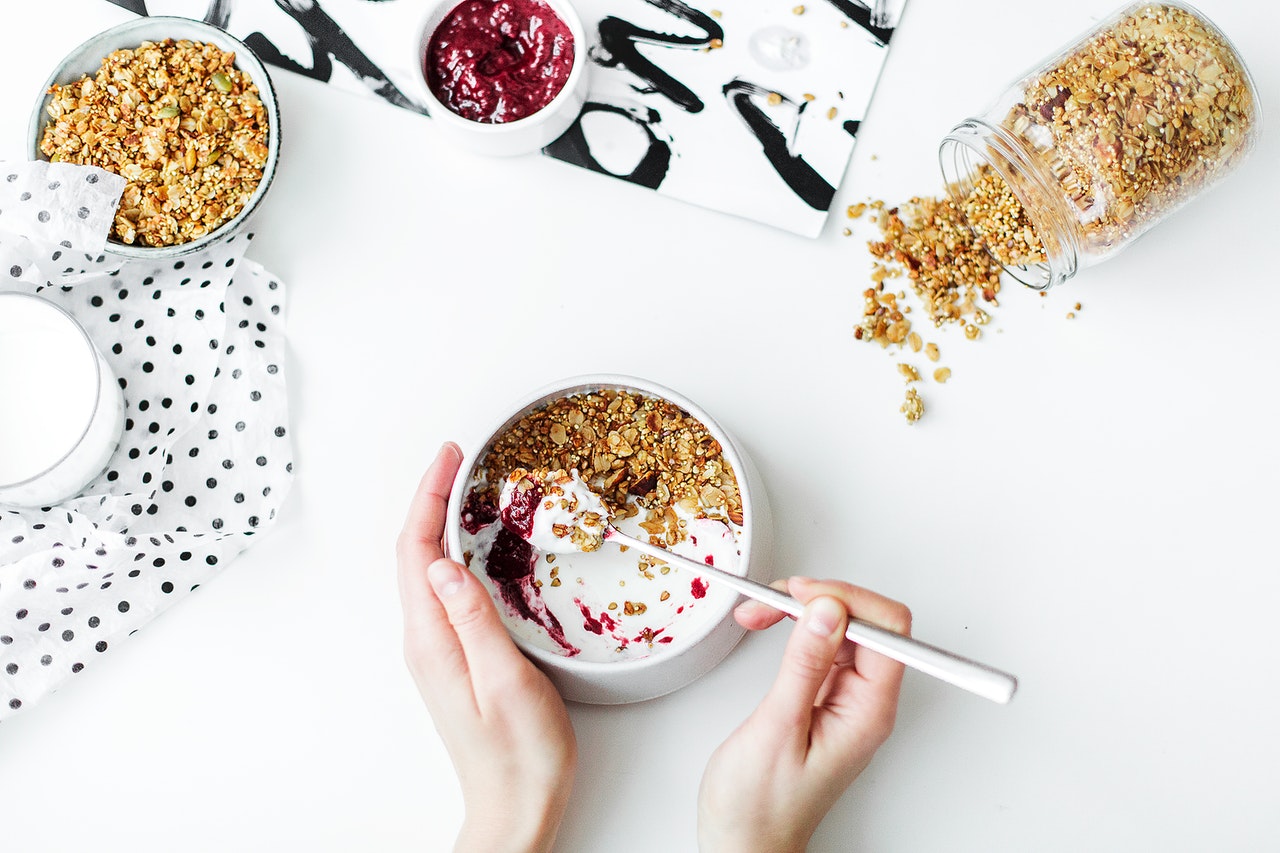
Before giving your dog an apple, make sure the seeds have been removed. On the other hand, you should never give Apple seeds to your dog since they contain cyanide, which is toxic in big doses.
Broccoli Is A Green Vegetable.
It can be fed to dogs either raw or cooked, depending on their age and overall health. Broccoli is a nutrient-dense vegetable with few calories, making it a great dog food to feed.
On the other hand, broccoli includes substances called isothiocyanates, which might irritate your dog’s digestive system if consumed in large quantities. As a result, giving your dog broccoli as a treat should be limited.


